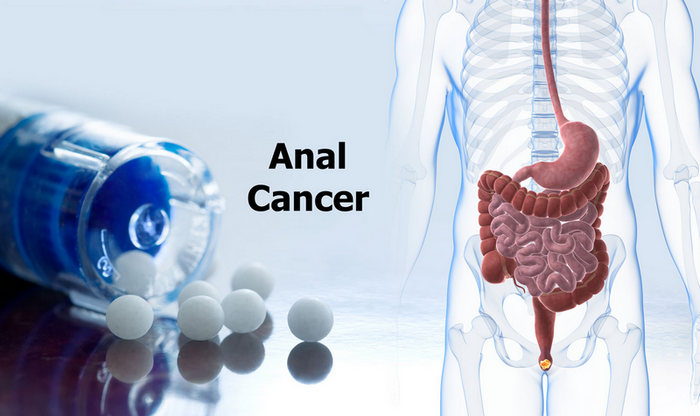Anal cancer is the uncommon cancer type that develops in the anus. The anus is the end of the rectum that pass out solid waste from the body. According to the American Society of Clinical Oncology
estimated 8300 cases of anal cancer cases will be diagnosed in the U.S in the year 2019 and about 1280 death can be reported in the year due to anal cancer.
Also, the reports show that half of the anal cancer cases are diagnosed in early stages where the malignancy is yet to spread at the primary site. Not everyone is that lucky as 13% to 25% of cases, patients are diagnosed after cancer has spread to lymph nodes and 10% are diagnosed when the cancer is already spread to distant organs or has metastasized.
Although, early diagnosis of anal cancer is highly treatable and the patient can opt for Anal cancer treatment in Texas.
Types of Anal Cancer
There can be several types of tumor occurrence in the anus, not all are malignant but others can be precancerous or benign. The main type of anal cancer is:
Carcinoma in situ or precancerous cells
They are present only on the surface cells of anal cancer, the condition is also known as Bowen disease.
Squamous cell cancer (carcinoma) forms
It happens in the cells that line the anus, its most common type of anal cancer.
Adenocarcinomas
It is the development of tumors in glands around the anus.
Who Gets Anal Cancer?
People above the age of 60 comprise 80% of all the anal cancer cases. Prior to age 35, the anal cancer cases are mostly of men’s, however, the after age 50 anal cancers patients comprise more women.
Anal intercourse is also associated with the development of anal cancer. Other than anal intercourse, Human papillomavirus (HPV) infection that can cause genital warts can lead to anal cancer. HIV and other immunocompromised patients are found more prone to develop anal cancer.
Gardasil, one of the HPV vaccines is approved for the prevention of cervical cancer, is now approved for the prevention of anal cancer in men and women.
Symptoms of Anal Cancer
Bleeding is the most common symptom associated with anal cancer, the patient may also feel other Anorectal disorders symptoms such as anal itching. Often patient confuse the bleeding and itching
Symptoms of anal cancer may include:
- Pain or pressure in the anal area
- Unusual discharges from the anus
- Lump near the anus
- Change in bowel habits
How Is Anal Cancer Diagnosed?
Anal cancer can be diagnosed during the routine digital rectal exam or minor procedure that is done for removing hemorrhoids. There are more invasive procedures available, used to detect anal cancer such as anoscopy, proctoscopy or endorectal ultrasound. In case the cancer is suspected the specimen is sent for biopsy to a pathologist for further examinations.
After that, there can be series of other tests required for the staging of cancer that includes pelvic CT scan, a pelvic MRI scan to assess the pelvic lymph nodes, a chest x-ray, and liver function studies.
How Is Anal Cancer Treated?
Anal cancer is treated with combination chemotherapy and radiation therapy. Patients can use the Anorectal surgery procedure for the treatment of anal cancer, in case both procedures proved to be ineffective. Typically, Anorectal surgery procedure is reserved for those cases in which the radiation and chemotherapy fail.

